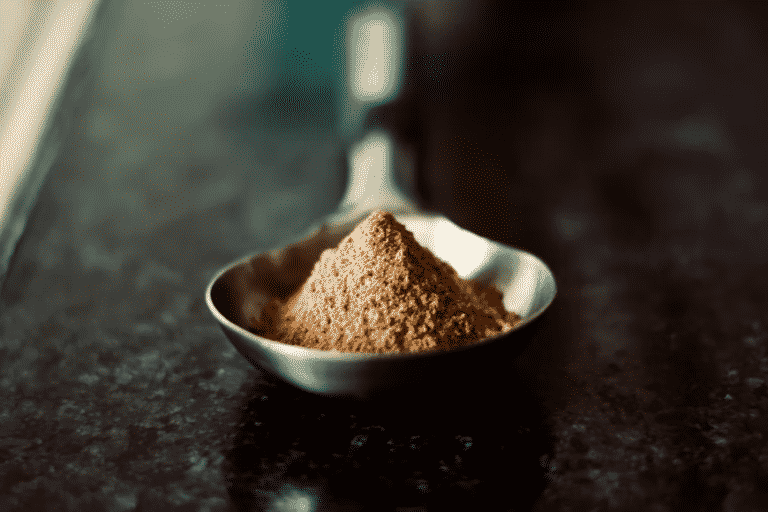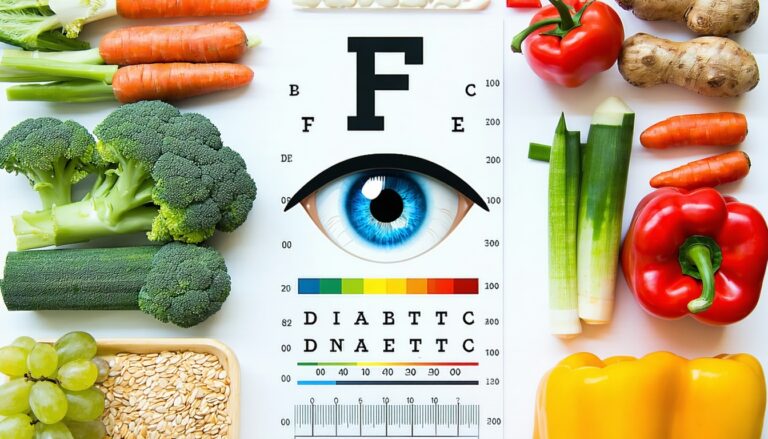Vitamins D3 and B12: Why You Need Them and Their Benefits
A healthy diet is a way to achieve a healthy body and a happy mind. And the moment we say a healthy diet, the elements that come to our mind are an array of vibrant fresh fruits, vegetables, greens, lean meats, dairy, whole grains. These elements can introduce nutrients like protein, fats, vitamins, and minerals. But did you know that not all nutrients can be derived from food alone? Even if you have been consuming a perfectly balanced diet every day, you may be coming short of a few nutrients that play a vital role in the body’s wellness. Two such essential nutrients that require extra supplementing are vitamin D3 and B12. Here we will understand the importance and benefits of these vitamins in detail now.
The Rise Of The Vitamins
Vitamin B12 and D3 deficiency alone is catching up with large world populations. Although many believe that daily multivitamins are not very effective, Vitamin B12 and D3 supplements are common today. Products that embed these vitamins in conjunction with cannabidiol or CBD can enhance anti-inflammatory benefits and strengthen the immune response. Premium CBDfx gummies with vitamins B12 & D3 are becoming a rage in the market. But why?
The short answer is that these two vitamins are pretty different from the lot. First, it is impossible to get enough of them from just plant diets. The older you get, the more challenging it becomes for your body to accept and absorb them in their natural form. These supplements thus become the best way to enjoy the perfect concentration of the nutrients in the system. But wait, why do we even need these vitamins? What difference do they make if they are absent, or say, present in lower quantities? Let us dig deeper to understand their purpose.
Vitamin D3 – The Sunshine Vitamin
The family of vitamin D compounds is famously referred to as the sunshine vitamins. These compounds are produced in the body upon exposure to sunlight, thus giving them the name. D3 is one of the three vitamin D compounds, a fat-soluble nutrient.
Why D3?
Vitamin D3 is the nutrient responsible for ensuring proper absorption of other vitamins, minerals, and nutrients in the body, such as phosphorus and calcium. It, therefore, influences bone and teeth strength. The most important task of vitamin D3 is supporting a robust immune system. The nutrient enables better communication between the cells(especially T-cells) that play a crucial role in autoimmune conditions and protecting infections.
Low vitamin D3 can lead to bone-related ailments such as arthritis and osteoporosis due to alleviated calcium absorption. It can also cause anemia and compromise immunity leading to frequent infections, especially in the respiratory tract. Common signs of deficiency include muscle fatigue, brittle bones, rickets, and body weakness.
Diet And Supplements
Even a few minutes of soaking in the early morning or late evening sunlight can give an abundance of vitamin D. If that is the case, what is causing a widespread deficiency of this nutrient? Well, vitamin D deficiency is a common problem, especially when you age. The precursor to the vitamin that forms on the skin upon sunlight exposure rapidly reduces in quantity as you age.
And given D3 is not quite commonly found in regular plant diets, deficiency of this nutrient is a significant problem. Some foods rich in vitamin D3 include egg yolks, cheese, beef liver, mackerel, mushrooms, fortified cereal, fortified orange juice.
Vitamin B12
Vitamin B12 is popularly referred to as cobalamin. It is a water-soluble nutrient among the eight compounds that belong to the vitamin B family.
Why B12?
Vitamin B12 is one of the most basic and critical nutrients in the body due to its involvement in metabolization activities in every system cell. It acts as a cofactor during the synthesis of DNA and has an active role in the metabolization of amino and fatty acids. Vitamin B12 also has a critical function to play in the working of the nervous system. It influences the maturation of Red Blood Cells in the bone marrow during white blood cells and platelets. The nutrient also plays a significant role in energy formation and release from the food we consume.
Deficiency of B12 can lead to anemia, dementia, depression and have an intense impact on cognitive functions. It can lead to fatigue, loss of appetite, bleeding gums, and shortness of breath.
Diet and Supplement
Similar to vitamin D3, our body loses its ability to absorb B12 with age due to low levels of stomach acid production. Therefore supplementing the nutrient at this point in the proper dosage is necessary. Except for vegan diets, B12 is abundantly present in everyday foods like eggs, dairy, chicken, steaks, shellfish, trout, tuna, lamb, beef, turkey, and other animal products. Including these foods regularly can ensure proper levels of the nutrient in the body for the best health benefits.
Conclusion
Vitamin D3 and B12 are critical nutrients for the well-being of an individual. They influence several essential functions of the body and should therefore be made available at suitable concentrations. Make sure to include food groups rich in these vitamins and utilize supplements that provide additional support for good health.







